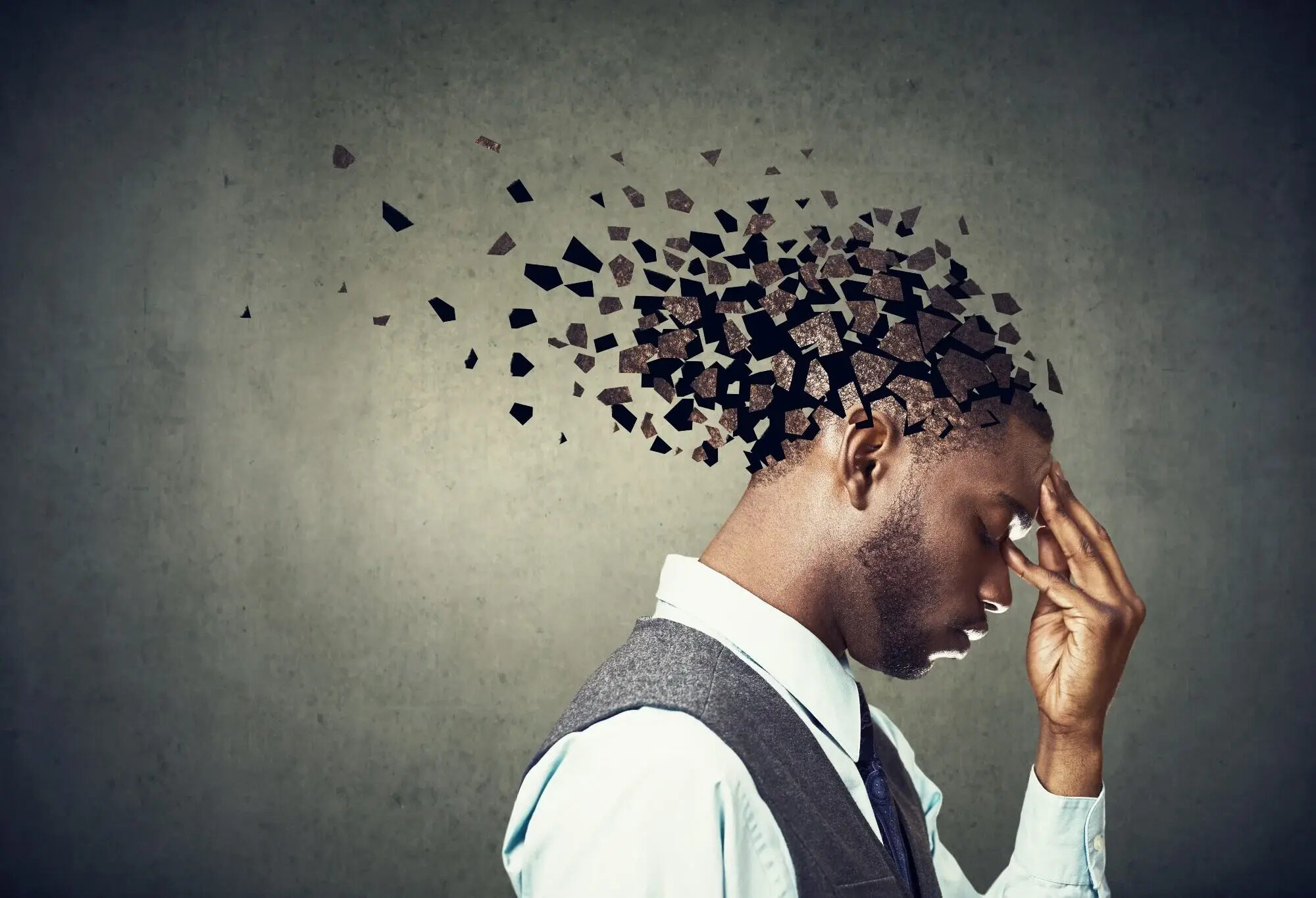
Cognitive decline can be a puzzling topic, but understanding it is crucial for everyone. As people age, it's common to experience some changes in thinking and memory. But what exactly is cognitive decline? Cognitive decline refers to a gradual decrease in mental abilities like memory, attention, and problem-solving skills. It's not just about forgetting where you left your keys; it can affect daily life and decision-making. While aging is a natural part of life, not everyone experiences cognitive decline in the same way. Factors like genetics, lifestyle, and health conditions can play a role. Staying mentally active, eating a balanced diet, and regular exercise can help maintain brain health. Knowing the signs and taking proactive steps can make a big difference. Understanding cognitive decline empowers individuals to take charge of their mental well-being and seek help when needed.
Key Takeaways:
- Takeaway 1: Keeping your brain active with puzzles, reading, and learning new skills, along with a healthy diet and regular exercise, can help protect against cognitive decline as you age.
- Takeaway 2: Social connections and stress management are important for maintaining cognitive health. Seeking timely intervention and support can improve quality of life for individuals experiencing cognitive decline.
Understanding Cognitive Decline
Cognitive decline refers to a gradual decrease in cognitive abilities, including memory, thinking, and reasoning skills. It can be a natural part of aging, but sometimes it signals more serious conditions like dementia. Let's explore some intriguing facts about this complex topic.
-
Cognitive Decline vs. Dementia
Not all cognitive decline leads to dementia. While both involve a decrease in mental abilities, dementia is more severe and affects daily life significantly. -
Age and Cognitive Decline
Age is a major factor. Most people experience some decline in cognitive abilities as they get older, but it varies widely among individuals. -
Lifestyle Impacts
Healthy habits like regular exercise, a balanced diet, and mental stimulation can slow cognitive decline. These activities promote brain health and resilience. -
Genetics Play a Role
Genetic factors can influence the risk of cognitive decline. Family history of dementia can increase one's risk, but it doesn't guarantee it. -
Education and Cognitive Reserve
Higher education levels are linked to a lower risk of cognitive decline. Education builds cognitive reserve, which helps the brain cope with damage.
Symptoms and Signs
Recognizing the early signs of cognitive decline can help in seeking timely intervention. Here are some common symptoms to watch out for.
-
Memory Loss
Frequent forgetfulness, especially of recent events or information, is a common early sign. -
Difficulty with Problem-Solving
Struggling with tasks that require planning or problem-solving can indicate cognitive decline. -
Language Problems
Trouble finding the right words or following conversations may be a symptom. -
Disorientation
Getting lost in familiar places or confusion about time and dates can be concerning. -
Poor Judgment
Making poor decisions or showing decreased judgment in everyday situations is a warning sign.
Risk Factors
Several factors can increase the likelihood of experiencing cognitive decline. Understanding these can help in taking preventive measures.
-
Chronic Health Conditions
Conditions like diabetes, hypertension, and heart disease can increase the risk. -
Smoking and Alcohol Use
Smoking and excessive alcohol consumption are linked to higher risks of cognitive decline. -
Lack of Social Engagement
Social isolation and lack of interaction can contribute to cognitive decline. -
Sleep Disorders
Sleep problems, including insomnia and sleep apnea, can negatively impact cognitive health. -
Head Injuries
Past head injuries, especially repeated ones, can increase the risk of cognitive issues.
Prevention and Management
While cognitive decline can't always be prevented, certain strategies can help manage and reduce its impact.
-
Mental Exercises
Engaging in activities like puzzles, reading, or learning new skills can keep the brain active. -
Healthy Diet
A diet rich in fruits, vegetables, whole grains, and omega-3 fatty acids supports brain health. -
Regular Physical Activity
Exercise improves blood flow to the brain and can help maintain cognitive function. -
Social Connections
Staying socially active and maintaining relationships can protect against cognitive decline. -
Stress Management
Chronic stress can harm cognitive health, so managing stress through relaxation techniques is beneficial.
Treatment Options
While there's no cure for cognitive decline, treatments can help manage symptoms and improve quality of life.
-
Medications
Certain medications can help manage symptoms of cognitive decline, especially in cases of dementia. -
Cognitive Therapy
Therapies focused on improving memory and cognitive skills can be effective. -
Supportive Care
Support groups and counseling can provide emotional support for individuals and their families.
Understanding Cognitive Decline
Cognitive decline is a natural part of aging, but understanding it can help us manage its effects. Brain health is influenced by various factors like genetics, lifestyle, and environment. While we can't change our genes, we can adopt habits that support mental agility. Regular physical activity, a balanced diet rich in antioxidants, and mental exercises like puzzles or learning new skills can keep our minds sharp. Social interactions also play a crucial role in maintaining cognitive function. Staying connected with friends and family can boost mood and mental health. It's also important to recognize early signs of decline, such as memory lapses or difficulty concentrating, and seek professional advice. By staying informed and proactive, we can better navigate the challenges of cognitive decline, ensuring a healthier, more fulfilling life as we age. Remember, small changes today can lead to significant benefits tomorrow.
Frequently Asked Questions
Was this page helpful?
Our commitment to delivering trustworthy and engaging content is at the heart of what we do. Each fact on our site is contributed by real users like you, bringing a wealth of diverse insights and information. To ensure the highest standards of accuracy and reliability, our dedicated editors meticulously review each submission. This process guarantees that the facts we share are not only fascinating but also credible. Trust in our commitment to quality and authenticity as you explore and learn with us.
